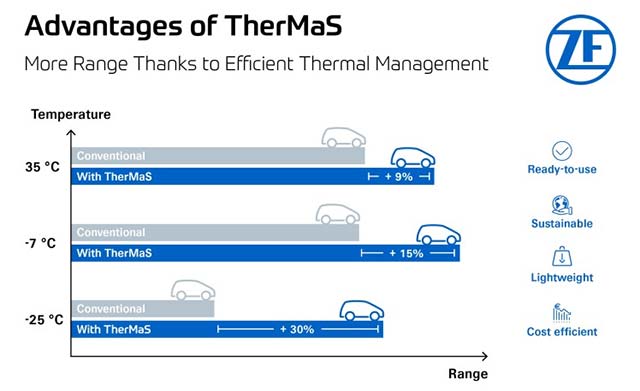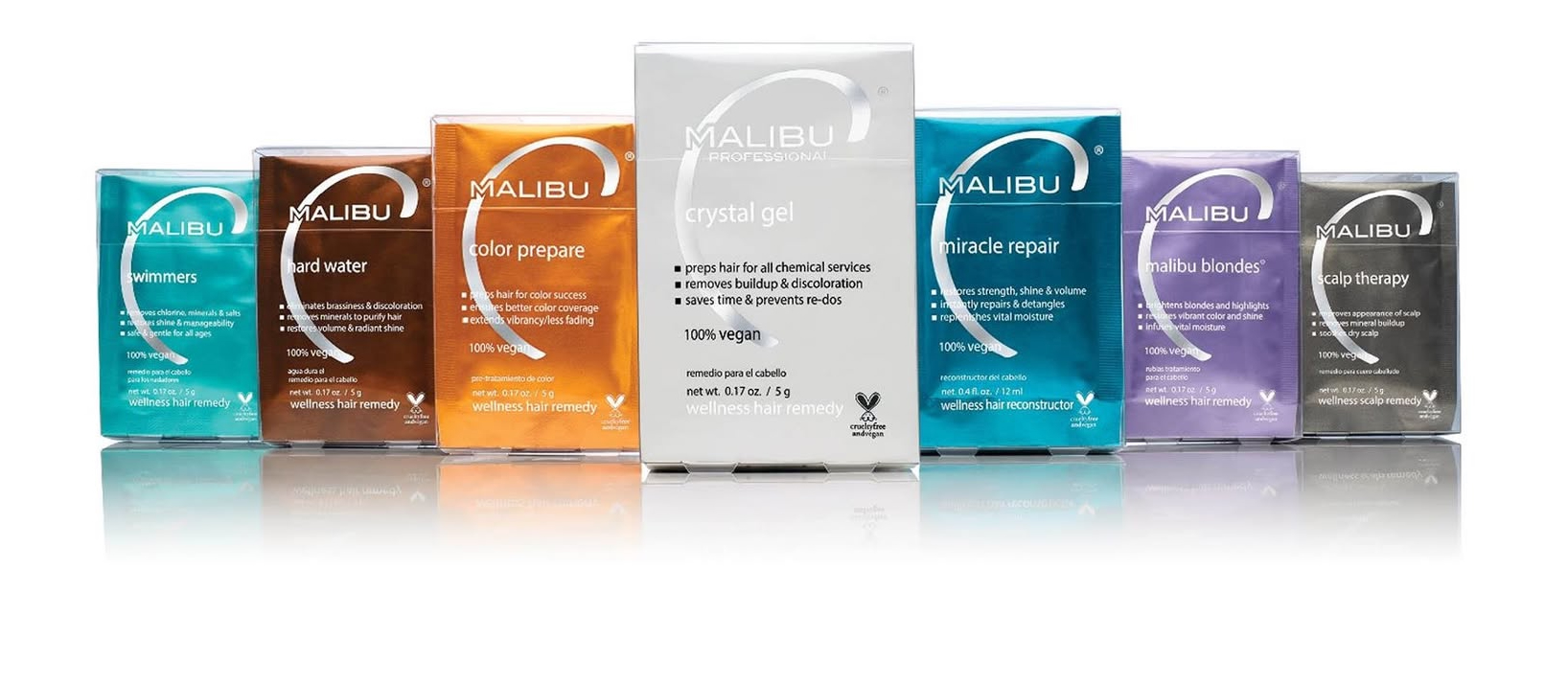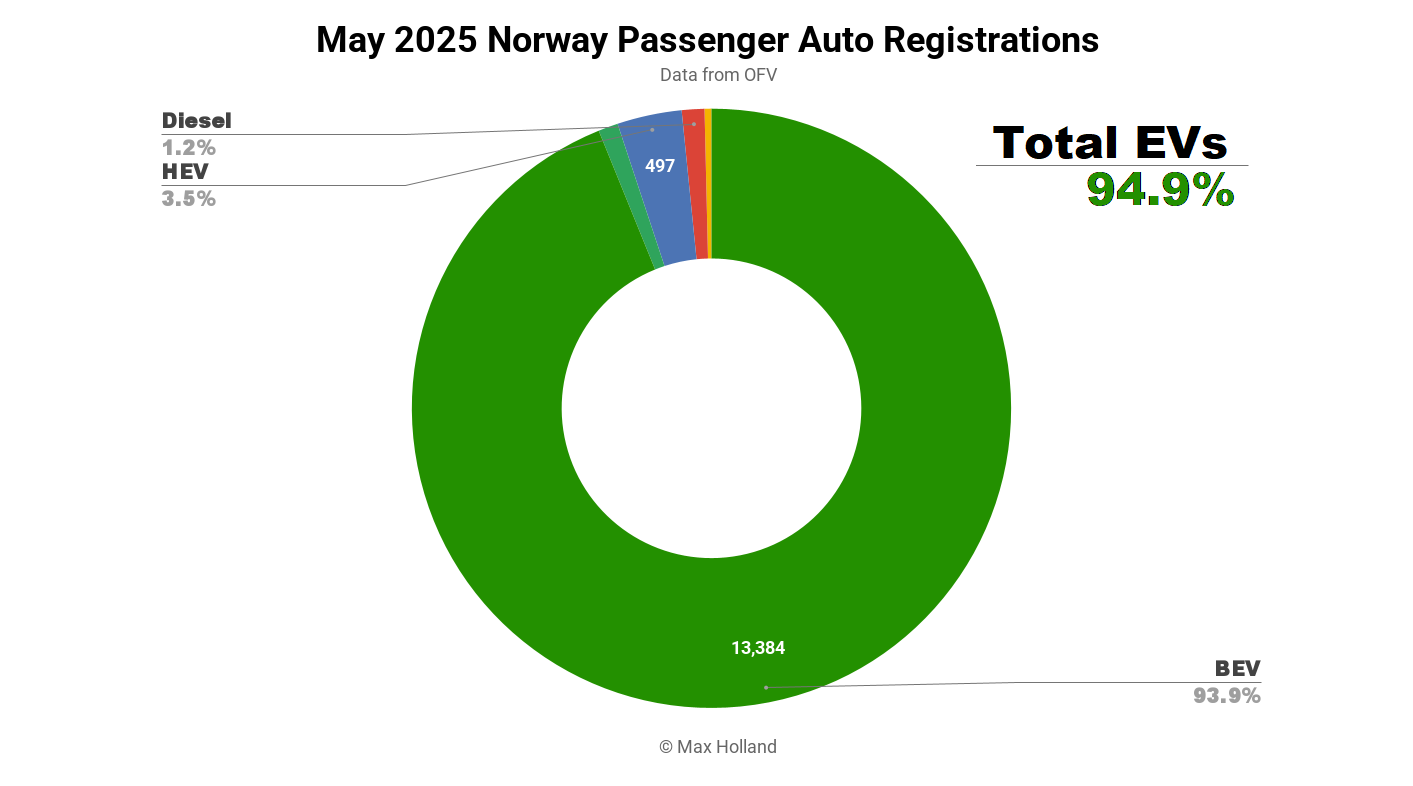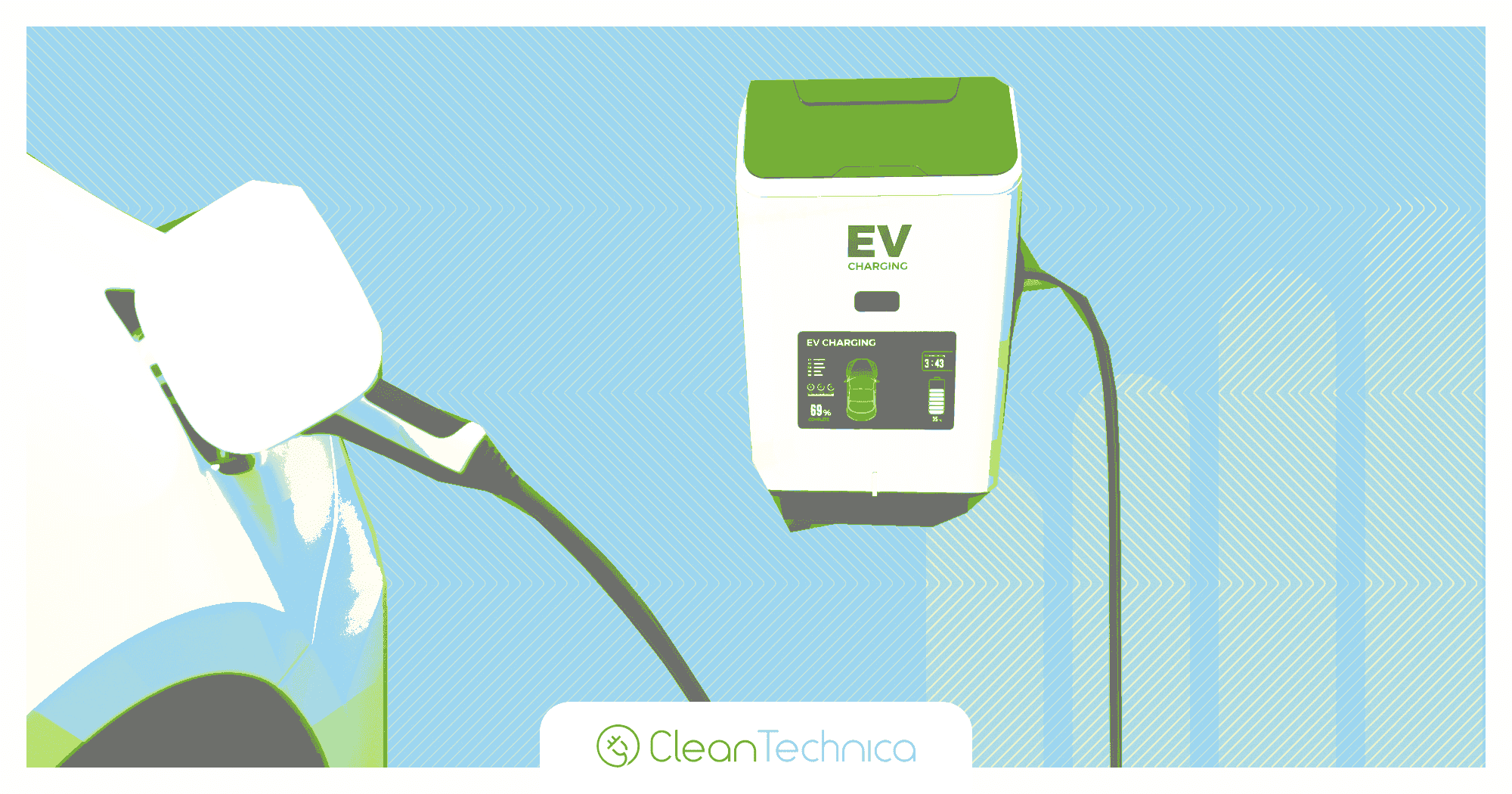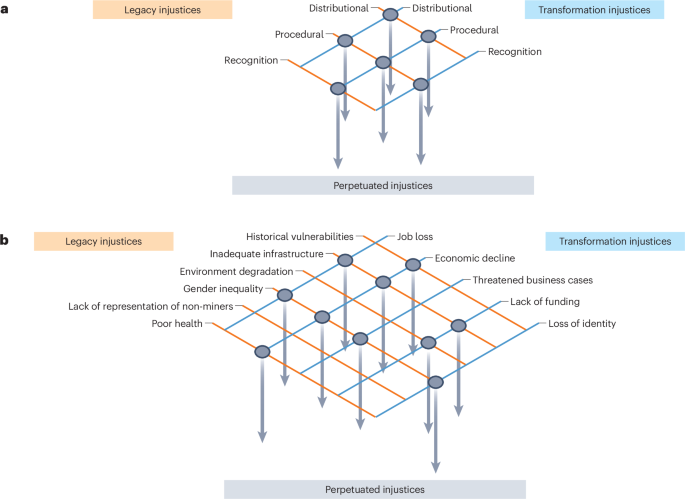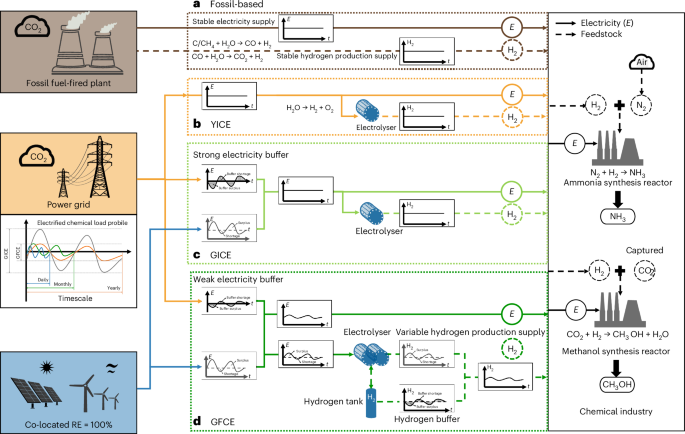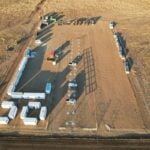Regenerating Family Protein 3α‐Loaded Responsive Hydrogel Accelerates Infected Diabetic Wound Healing
Advanced Healthcare Materials, Volume 14, Issue 13, May 16, 2025.

HAP-PVA/Reg3α hydrogel, based on dynamic crosslinking by boronate ester bonds, exhibits glucose and ROS responsiveness. The loaded Reg3α protein possesses antibacterial and tissue repair effects. The hydrogel demonstrates excellent wound-healing bioactivity and biosafety both in vitro and in vivo. Moreover, it exerts anti-inflammatory effects through immunomodulation. Overall, this multifunctional hydrogel represents a promising therapeutic strategy for infected diabetic wound healing.
Abstract
Chronic diabetic wounds are characterized by a persistent inflammatory response, severe oxidative stress, and excessive proteolysis, creating an inhibitory microenvironment that impedes tissue regeneration. Recent findings indicate that regenerating family protein 3α (Reg3α) can promote keratinocyte proliferation and epidermal neogenesis, while also exhibiting antimicrobial properties. However, the low bioavailability significantly limits the clinical use of Reg3α in the treatment of chronic diabetic wounds. This study presents a glucose and ROS dual-responsive hydrogel loaded with Reg3α, which is synthesized by phenylboronic acid-modified hyaluronic acid (HAP) and polyvinyl alcohol (PVA). The Reg3α-loaded hydrogel (HAP-PVA/Reg3α), which exhibits favorable viscoelastic properties to adapt to wound application, promotes cell proliferation and demonstrates antibacterial and anti-inflammatory activities without inducing cytotoxicity or hemolysis in vitro. In diabetic mice, HAP-PVA/Reg3α effectively accelerates Staphylococcus aureus (S. aureus)-infected wound healing by alleviating bacterial infection, reducing inflammation, and facilitating collagen deposition. The result of RNA-seq suggests a negative regulation of M0 macrophages in the HAP-PVA/Reg3α group, which is presumably associated with their transformation into anti-inflammatory M2 macrophages. Meanwhile, serum pro-inflammatory IL-6 level is significantly decreased in Reg3α and HAP-PVA/Reg3α groups. In conclusion, HAP-PVA/Reg3α as a multifunctional hydrogel has significant potential for the treatment of chronic infected diabetic wounds.























